As Brazilian Jiu-Jitsu continues to burgeon into an established, global profession and recognized sport, international athletes face a daunting challenge few fans ever see: immigration. Every year, world-class grapplers are denied entry to the U.S., miss major competitions, or run into legal trouble simply because they don’t understand or fail to comply with the many regulations governing legal entry and maintenance of status.
Navigating the intricacies of U.S. immigration law may seem overwhelming, but understanding the process early and staying organized can help athletes avoid significant problems down the road. Developing a proactive approach—whether by researching visa types, maintaining a thorough record of achievements, or consulting an experienced attorney—can make all the difference in ensuring a smooth entry and lawful stay.
Why Immigration Law Matters in BJJ
For many athletes, competing in the U.S. is a career milestone and in most cases, a practical prerequisite for qualifying for long term status. But unlike local tournaments, entering the U.S. for an event, seminar, or coaching role requires legal clearance from the Department of State and/or Department of Homeland Security. Without the appropriate visa, athletes risk being denied entry, banned from future travel, or even permanently barred from the U.S.
Especially in this current climate, where officers are particularly stringent and enforcement is in overdrive, the consequences are very real and can derail a foreign national’s career if not properly addressed.
Common U.S. Visa Options for BJJ Athletes
Here are the most commonly used visa options for international grapplers:
- P-1 Visa: For internationally recognized athletes. Requires a proven competition history and a U.S. sponsor.
- O-1 Visa: For individuals who can demonstrate Extraordinary Ability. Ideal for world champions, elite competitors, or instructors with global reputations.
- B-2 Visas: Visitor/tourist visas. These do NOT permit professional athletes to teach or compete for money. Amateur athletes may use this visa to participate in competitions if prize money is incidental.
- B-1 Visas: Business visa. Professional athletes may use to enter the US to compete in competitions for prize money but may not engage in any other activity for remuneration, ie., seminars, teaching, etc. Athletes may not receive a salary.
- ESTA: Electronic System for Travel Authorization. Eligible individuals from certain countries may enter the US for 90 days without having to formally apply for a B-1/B-2 visa. Individuals under ESTA are essentially treated as visitors under B-1/B-2 standards.
Real-World Pitfalls (and How to Avoid Them)
- Misusing tourist visas to teach seminars or compete for pay, resulting in a status violation or potential ineligibility to adjust or extend status.
- Incomplete documentation of competition history or accolades.
- U.S. teams or promotions unaware of legal regulations and restrictions.
- Waiting too long before events to start the application process and failing to anticipate Requests for Evidence(where immigration may question what is already submitted and still want more).
Even elite athletes have been refused entry at the airport by Customs and Border Protection or denied their desired classification by USCIS due to ignorance of the rules or failure to plan. Just as in preparing for any serious competition, envisioning a gameplan, preparing for contingencies, and diligent effort is absolutely critical.
What Athletes and Teams Can Do Now
Athletes:
- Assemble and document detailed records of all wins, press coverage, and sponsorships. Everything has to be verified.
- Determine which professional organizations and recognized experts in the sport can support your application.
- Work with a qualified immigration attorney to properly evaluate which visa is most appropriate given your credentials and whether you realistically qualify for it.
- Discuss with a qualified immigration attorney whether there are facts or circumstances that may complicate your matter.
Teams and Gym Owners:
- Understand that bringing in international talent may require formal sponsorship, especially if the individual intends on receiving pay.
- Realistically appreciate the time it takes to secure a visa and coordinate with upcoming events.
- Be prepared to provide letters of intent, contracts, and itineraries of planned activities and events.
- Understand what the athlete is permitted and not permitted to do under the specific visa he/she is applying for.
Final Thoughts
Understanding immigration law isn’t glamorous—but it is essential for those aspiring to enter the US. There are individuals who are extraordinarily talented in Brazilian Jiu-jitsu who cannot enter the US, while there are countless others whose prowess on the mat is not as stellar but who are allowed to stay and get paid. It is true that the mat does not lie. But before an athlete can get onto the mats in the US, he/she must learn how to grapple with the system that is US immigration law, and for that, skill alone is not enough. Overcoming immigration challenges requires a unique combination of skill, knowledge, proper guidance, and discipline.
About the Author
Paris Lee is a Yale-educated immigration attorney and 3rd-degree Brazilian Jiu-Jitsu black belt under Renzo Gracie and Rolles Gracie. He is the founding partner of Lee & Garasia, LLC, a New Jersey-based law firm nationally recognized for its work in immigration and naturalization law.
Lee has represented numerous ADCC and IBJJF world champions in matters ranging from sports visas to U.S. citizenship. His clients include:
- Ffion Davies, Matheus Diniz, Emily Kwok, Oliver Taza, Luke Griffith, Gabriel Sousa, Adele Fornarino, Jozef Chen, Declan Moody, and Jorge Patino.
He works with athletes from elite teams such as New Wave Jiu-Jitsu, B-Team Jiu-Jitsu, ATOS Jiu-Jitsu, and 10th Planet Jiu-Jitsu.
Lee is the author of Facing Immigration Problems, and he has been showcased in TIME, Newsweek, and Super Lawyers Magazine.
Follow him on Instagram @bjjvisalawyer or connect on LinkedIn.











